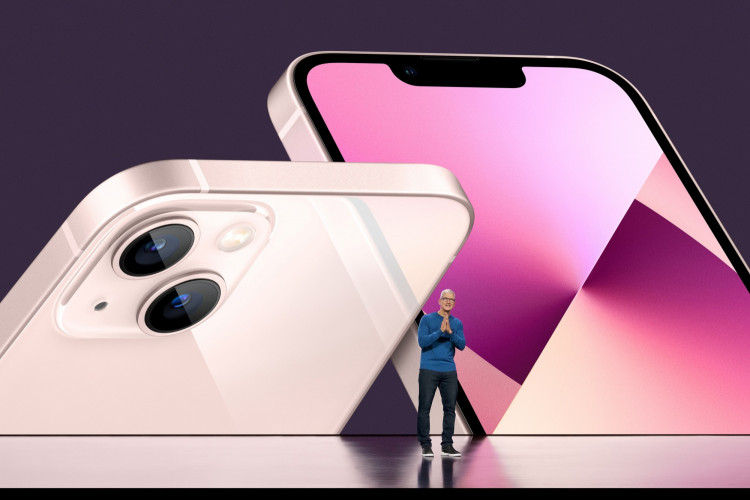Sources familiar with the matter have revealed that Apple is currently developing at least two prototypes of foldable iPhones, reminiscent of a clamshell design. The tech giant has reportedly reached out to at least one manufacturer in Asia to seek components for two different sizes of foldable smartphones.
Apple's foray into foldable iPhones is still in the early stages of development and is not part of the company's mass production plans for 2024 or 2025. The launch of such products remains uncertain as they could be scrapped if they fail to meet Apple's rigorous standards. A foldable iPhone would represent one of the most significant hardware design shifts in the product's history.
An Apple spokesperson has not responded to requests for comment on the foldable phone.
Foldable smartphones offer the advantage of being more compact and portable compared to traditional smartphones, and they can be used to take pictures without a stand, simply by unfolding them at a 90-degree angle. Since Samsung launched the Galaxy Fold in 2019, foldable phones have become increasingly common, with many brands following suit. However, due to their high retail costs and greater susceptibility to damage compared to conventional smartphones, foldable phones remain somewhat niche.
Apple's exploration of foldable devices, according to discussions with former employees and the company's patent filings, has spanned over a decade. However, leadership's interest in such products has been inconsistent. CEO Tim Cook began inquiring about the feasibility of a foldable iPhone as early as 2018 and provided positive feedback on a 7-inch foldable display shown to him by Apple's designers and engineers that year.
Yet, several issues have hindered the launch of a foldable iPhone. Apple's engineers have been grappling with the technical challenges of building such devices, and designers have yet to propose sufficiently appealing features, especially given their higher price point compared to non-foldable smartphones.
Apple's industrial design team has been interested in developing a foldable iPhone that would have its display on the outside when closed. However, hardware engineers have faced difficulties with this design, as such devices are more prone to damage upon impact. The design team also hopes to make the foldable iPhone half the thickness of current models when closed, but battery size and display component limitations have posed challenges for hardware engineers.
Around 2020, Apple paused its work related to the foldable iPhone and shifted focus to a foldable iPad similar in size to the iPad Mini. This device would have an approximately 8-inch screen and could be thicker than a foldable iPhone, as it wouldn't need to fit in pockets or pass the stringent drop tests required for iPhones. Engineers working on the foldable iPad are attempting to eliminate the crease that forms in the center of the display after repeated folding and are designing a hinge that allows the screen to lie completely flat without any bumps or indentations, as these issues would hinder the use of the Apple Pencil.
Former Apple employees anticipate that the company's first foldable product might be an iPad, which would help gauge consumer interest in a foldable iPhone. Apple has been collaborating with South Korean firms LG and Samsung, which have been involved in manufacturing displays for the foldable iPad prototypes in recent years.
Foldable smartphones have faced criticism for their high prices and durability concerns. Users of foldable phones from Samsung, Motorola, and Google have reported issues with screens and hinges over time. These companies have introduced measures to address these concerns, such as Samsung improving the quality of its foldable devices. Google reduced the price of its first foldable phone, the Pixel Fold, by more than 20% to $1,400 less than six months after its release.
Despite criticisms, there remains enthusiasm among high-end consumers for foldable phones. Renowned Apple analyst Ming-Chi Kuo stated last week that a 15% year-over-year decline in iPhone shipments is expected this year due to structural challenges, including generative AI smartphones and foldable phones, which are becoming the preferred choice for high-end users seeking to upgrade.
Apple's renewed interest in developing a foldable iPhone could be a strategic response to these emerging trends in the smartphone market.






